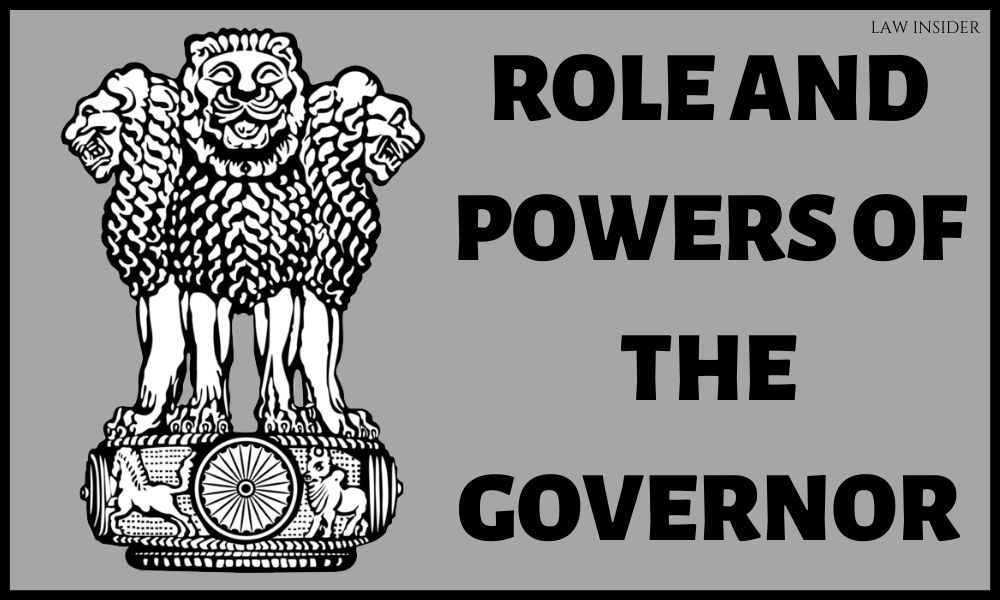
Image Source: lawinsider
In recent times, the role of a governor within a state or region has undergone significant scrutiny and debate. From being primarily perceived as ceremonial figures to now increasingly assuming pivotal roles in governance, the dynamics have evolved.
Considering this evolution, it becomes imperative to reassess and redefine the governor's role in the context of contemporary governance. This rethinking is not merely a matter of semantics but a crucial step towards ensuring effective governance and balanced federal structures.
The Evolving Role of Governors
Historically, governors were seen as representatives of the central government, tasked mainly with ceremonial duties such as convening sessions of the state legislature, delivering the governor's address, and signing bills into law. However, with changing times and the need for a more active and participative governance framework, the role of governors has expanded.
Today, governors are expected to play a more proactive role in state affairs. They serve as a vital link between the state government and the central authorities, facilitating coordination and cooperation. Their discretionary powers, though limited, have gained significance in scenarios involving constitutional crises, hung assemblies, or matters requiring urgent attention.
Challenges and Opportunities
Despite this shift towards a more active role, challenges persist. The issue of gubernatorial overreach, where governors exceed their constitutional boundaries, often leads to friction with the state governments. Striking the right balance between upholding constitutional provisions and ensuring constructive engagement with the state machinery is an ongoing challenge.
However, these challenges also present opportunities. Governors, equipped with constitutional authority, can act as a bridge between different political ideologies, fostering dialogue and consensus-building. Their impartiality and role as custodians of the Constitution provide them with the potential to influence positive change.
Reimagining the Role
As we navigate through an era marked by dynamic socio-political landscapes, reimagining the governor's role becomes crucial. This calls for a nuanced approach that acknowledges the evolving governance paradigms while upholding the foundational principles of democracy and federalism.
Emphasizing the importance of accountability, transparency, and ethical conduct becomes paramount. Governors should act as mentors, guiding and advising state governments, while also advocating for the interests of the state within the larger national framework.
Conclusion
Ultimately, rethinking the governor's role is not a singular task but a collective endeavor involving constitutional experts, policymakers, and stakeholders. It's about recalibrating the role in a manner that aligns with the present-day needs of a diverse and complex society.
By embracing this imperative, we pave the way for governors to serve as catalysts for inclusive governance, fostering harmonious relationships between the center and the states, thereby strengthening the democratic fabric of the nation.